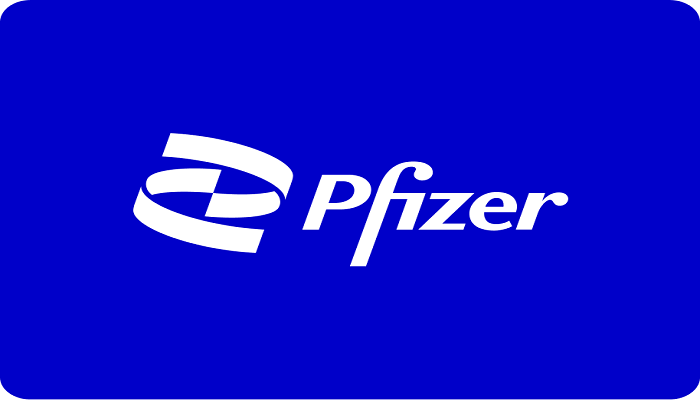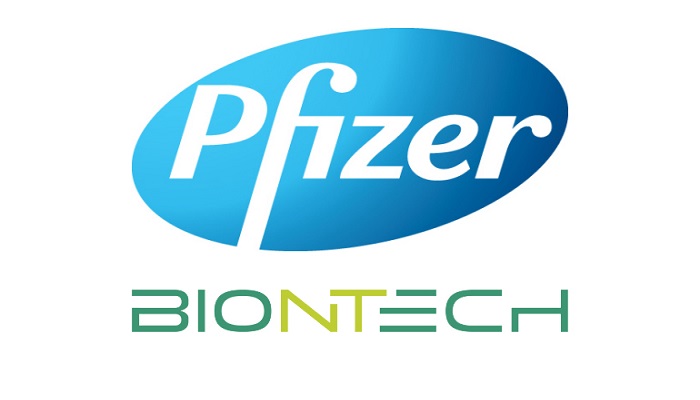Pfizer Provides Update on GLP-1-RA Clinical Development Program for Adults with Obesity and Type 2 Diabetes Mellitus
Pfizer Inc. has announced its decision to continue to progress one oral late-stage glucagon-like peptide-1 receptor agonist (GLP-1-RA) candidate toward further clinical development for the potential treatment of adults with obesity and Type 2 diabetes mellitus (T2DM). Moving forward, the company will continue advancing the clinical program for danuglipron, subject to results from the ongoing Phase 2 trial, and discontinue the clinical development of lotiglipron. The company expects to finalize plans for the danuglipron late-stage program by the end of 2023 and also is developing a once-daily modified release version.
“Building on Pfizer’s small molecule design expertise, we were developing two promising GLP-1-RAs that have shown proof of concept, with the intent of selecting one to advance into further clinical studies. We look forward to analyzing the danuglipron Phase 2 results and selecting the dose and titration schedule that will maximize the therapeutic benefit and safety and tolerability,” said William Sessa, Ph.D., Senior Vice President and Chief Scientific Officer, Internal Medicine, Pfizer. “If successful in clinical trials and approved, danuglipron could be in a prime position to differentiate based on profile, including full receptor agonism, which we believe has the potential to translate to robust efficacy.”
Results previously published in the Journal of the American Medical Association Network Open from the Phase 2 study (NCT03985293) of danuglipron in T2DM showed dose-dependent placebo-adjusted reductions (doses ranging from 2.5 mg through 120 mg for 16 weeks) in HbA1c of up to -1.16%; fasting plasma glucose of -33.24 mg/dL; and body weight of -4.17 kg over 16 weeks. The most common adverse events were nausea, vomiting and diarrhea. The Phase 2b study of danuglipron in non-diabetic obesity participants is currently ongoing (doses ranging from 40 mg through 200 mg for up to 32 weeks) and expected to complete by end of year. The safety profile of danuglipron to date, including transaminase changes, appears to be similar to the peptidic GLP-1R agonist class.
The decision to terminate the clinical development of lotiglipron is based on pharmacokinetic data from Phase 1 drug-drug-interaction studies and laboratory measurements of elevated transaminases in these Phase 1 studies as well as the ongoing Phase 2 study C3991004. None of these participants reported liver related symptoms or side effects, there was no evidence of liver failure, and none needed treatment.
Such transaminase elevations have not been observed in the over 1,400 patients enrolled in the danuglipron program. Data from these studies evaluating lotiglipron will be presented at a scientific conference or published in peer-reviewed journal(s).
About Danuglipron and Lotiglipron
Danuglipron (PF-06882961) and lotiglipron (PF-07081532) are experimental medicines that are not approved for use by health authorities at this time. Both danuglipron and lotiglipron are taken as a tablet by mouth and are a type of medicine known as GLP-1-RA. These medicines are intended to keep blood sugar at healthy levels and work by increasing the amount of insulin released and lowering the amount of glucagon released into the blood. They also slow down the digestion of food and increase the feeling of fullness after eating.
Source: Pfizer



